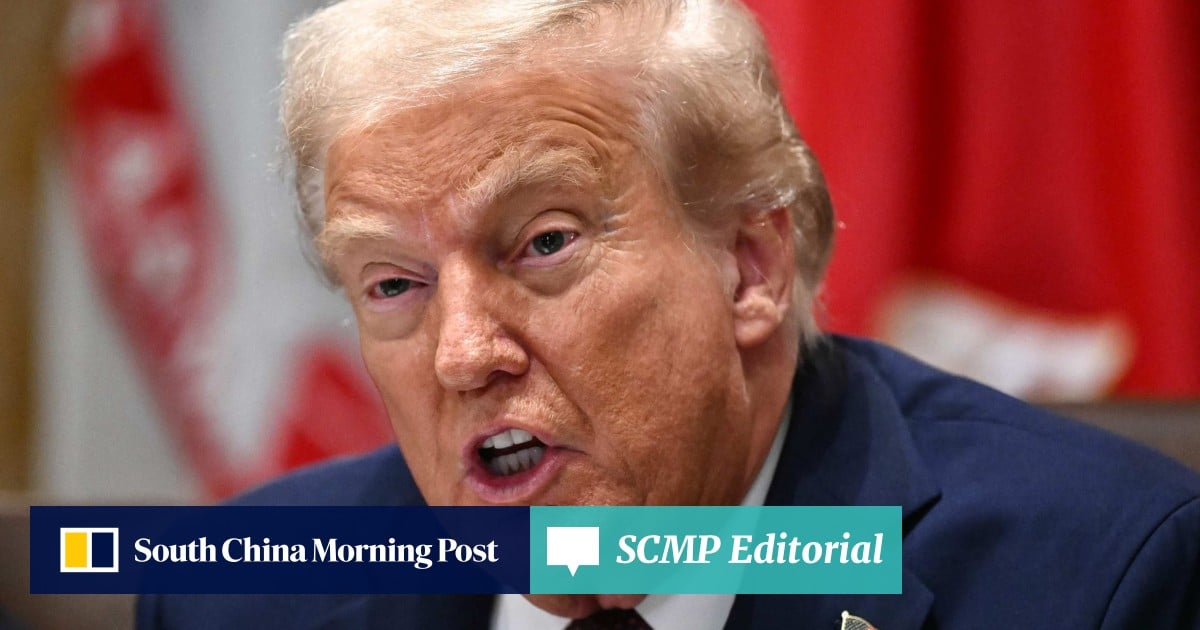Trump needs to clarify this. Both countries stand to gain if doubts are dispelled.
Trump defended his decision against attacks from his own political base, with many supporters seeing it as a betrayal of his “America first” agenda. Saying the US is “honoured” to have Chinese students and that, anyway, its college system needs them, Trump dismissed criticism as “insulting”. He pointed to his relationship with President Xi Jinping – “I’m getting along very well with President Xi” – and said he had told Xi directly that the US was “honoured” to educate Chinese students. “We check, we’re careful,” he added, referring to security screenings, while noting that Secretary of State Marco Rubio supports oversight of student admissions.
Meanwhile, some students have been reluctant to leave the US for summer vacation because of uncertainty over the right of re-entry. Some parents are considering sending their children to other places such as the United Kingdom, Canada and even Hong Kong.
Now Trump is concerned about the US college system going “to hell” without Chinese students. It’s time he reflected on how his administration’s policy inconsistencies are affecting people’s lives, careers and futures, creating uncertainty about their ability to enter or re-enter without being subjected to stressful interrogation.
